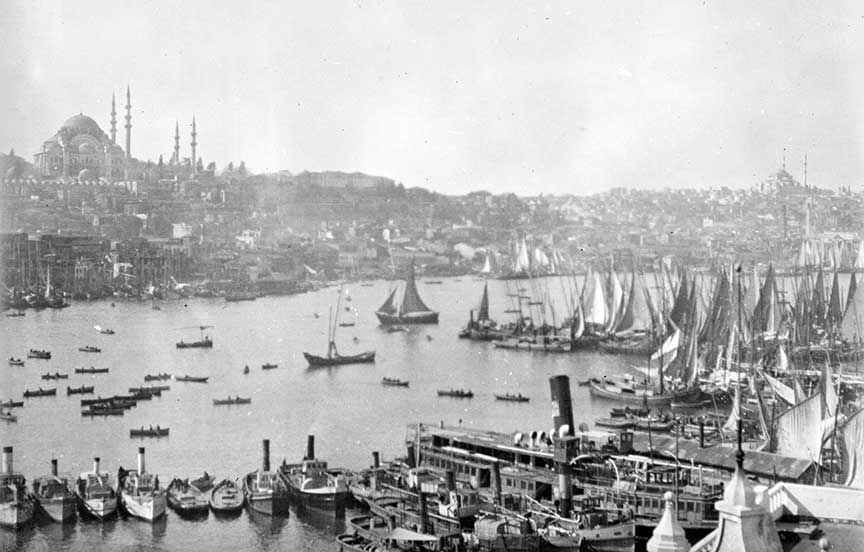1923 Modern Turkey Founded
On January 20th,1921 the Nationalists under the leadership of Mustafa Kemal Atatürk adopted a set of fundamental laws that became the foundation of the modern state of Turkey. These laws provided for the sovereignty of the people, a parliament elected by male suffrage, and a president with extensive powers.On October 29, 1923, the Republic of Turkey was officially proclaimed.
.
During World War I, Turkey had sided with Germany and Austria-Hungary and as one of the defeated powers, the Ottoman Empire was forced to give up its remaining non-Turkish landsThe victorious Allied powers sought to partition the remnants of the Ottoman Empire under the 1920 Treaty of Sèvres. However, this treaty was met with fierce resistance by Turkish nationalists led by Mustafa Kemal Atatürk, a war hero and former Ottoman military officer. Atatürk rallied support among disaffected Turkish soldiers, nationalists, and civilians, and launched a war of independence against the occupying forces of Greece, Armenia, and France.
Over the course of four years, Atatürk's forces gradually reclaimed territory from the occupying forces, culminating in the decisive victory at the Battle of Sakarya in 1921. The success of the nationalist forces in this battle laid the groundwork for the founding of Modern Turkey and cemented Atatürk's position as the leader of the new nation.
The Establishment of the Republic of Turkey (1923)
On October 29, 1923, the Republic of Turkey was officially proclaimed, with Ankara as its capital and Mustafa Kemal Atatürk as its first president. The new nation-state was founded on the principles of secularism, democracy, and nationalism, as it sought to distance itself from the religious and imperial legacy of the Ottoman Empire. The Treaty of Lausanne, signed in 1923, recognized the sovereignty of the new Republic of Turkey and set its borders, essentially undoing the provisions of the Treaty of Sèvres.
The Reforms of Atatürk
As the founding father of Modern Turkey, Mustafa Kemal Atatürk initiated a series of sweeping reforms aimed at modernizing and westernizing Turkish society, economy, and politics. These reforms, known as the "Six Arrows" or "Kemalist Principles," included republicanism, populism, secularism, revolutionism, nationalism, and statism.
One of the most significant aspects of Atatürk's reforms was the establishment of a secular state, separating religion from the affairs of government. The Islamic caliphate was abolished, religious courts and schools were dismantled, and a new legal system based on European models was introduced. The adoption of the Latin alphabet in place of the Arabic script, the promotion of education, and the emancipation of women, including granting them the right to vote and run for office, were other notable reforms.
 >
>